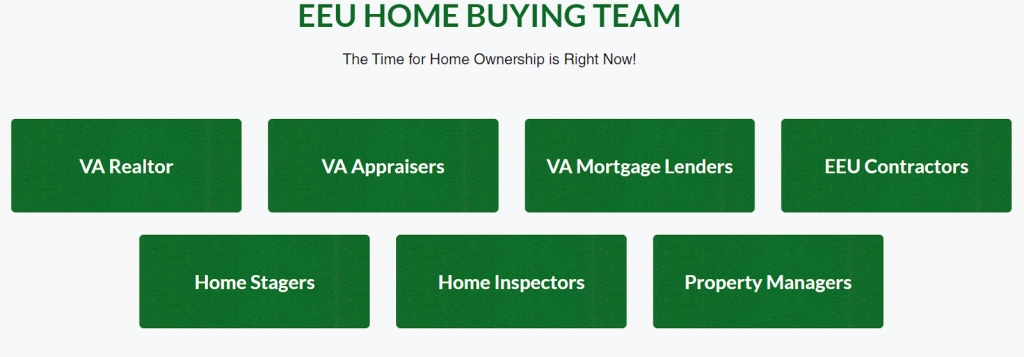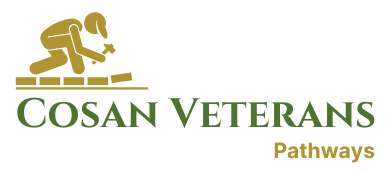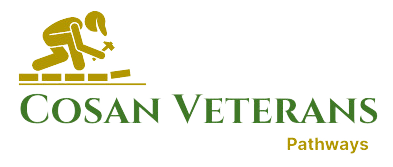Florida’s DBPR (Department of Business and Professional Regulation) regulates the licensing of home inspectors. Applicants who want this license need to undergo 120 hours of training that is state-approved, apply for a state exam and pass it, and submit the application to the state department.
Apart from the certifications, it is the responsibility of the home inspector to give precise and accurate information and report after the inspection is done. Clients rely on home inspectors and expect them to give them genuine reporting after the inspection whether it is a residential or commercial property.
Some of the certified home inspectors give reports the same day of the inspection and help the clients with a detailed understanding of the findings in the reports so that the clients can make an informed decision.
Buying a home or buying in the office is one of the biggest investments people make; it is the home inspector’s job to make sure that the buyer is making a good investment. Buyers expect a professional and careful inspection done by a certified and authorized home inspector in Florida.

Why Home Inspection is needed?
Professional home inspectors carefully look at every aspect of the home or any property that you are buying. They point out any potential repair works that the property needs and mention the same in the inspection report. These little things might not seem much, but they directly affect the valuation of the home that can save you money or you might change your decision looking at the work needed to fix the issues. So, a little investment made to hire a home inspector helps you in making big savings in the future.
Some people specifically mention home inspection contingency in the purchase contract as they know the importance of a professional home inspection.
What is included in Home Inspection?
Every client has to know what’s included in a typical home inspection and what’s excluded. Here’s a checklist to know what to expect from a home inspection.
- Structural Components
- Foundation
- Floors
- Walls
- Roof
- Central air conditioning system
- Basement
- Windows and Doors
- Ceilings
- Attic
- Visible insulation
- Electrical Systems
- Plumbing
- Heating System
- Alarm system if any
- Appliances if any
- Garage
- Ventilation
When you contact or hire any home inspector make sure they list out all these items in their inspection list. Also, you can ask in detail about each of these like how will they test all these aspects of the property.
Where to find good home inspectors?
Start your search from home, talk to your family members and friends for a reference. Or you can even ask your real estate agent to get you in touch with a good home inspector. The third way is to find a home inspector through an affiliation group such as
Still, have any questions about the Home inspection and home inspectors? Feel Free to contact us. We will resolve your queries in no time at all.



